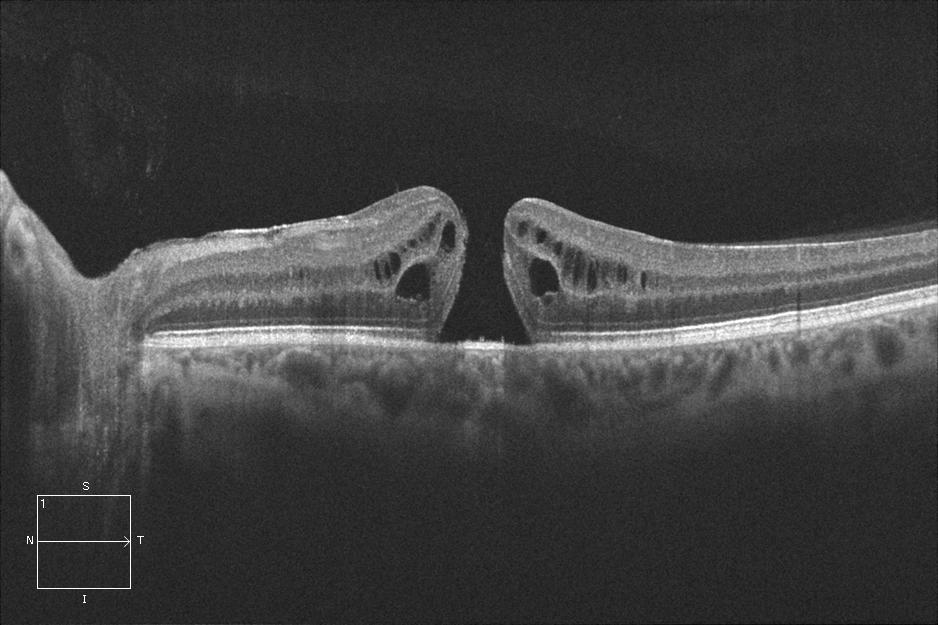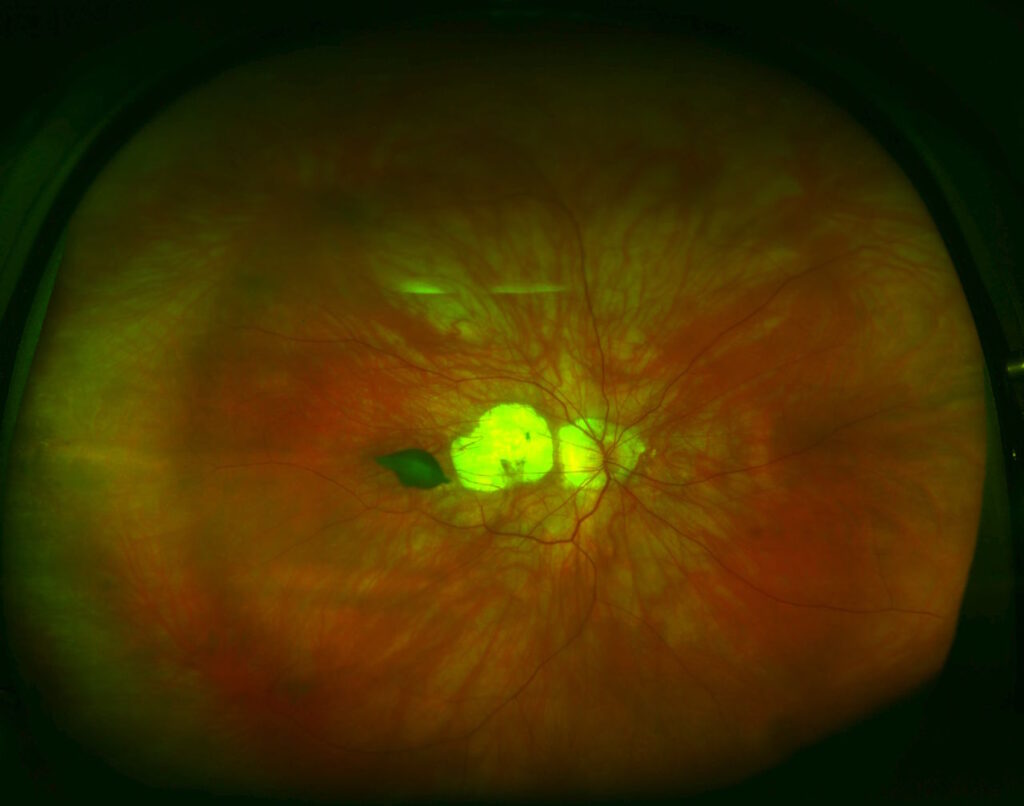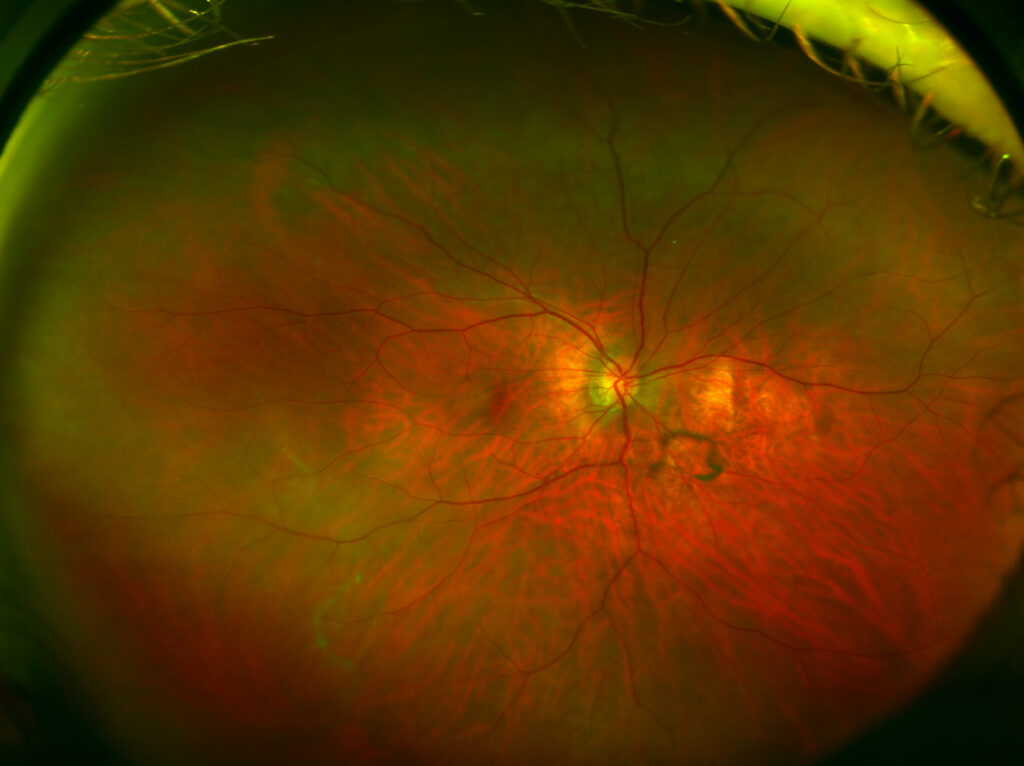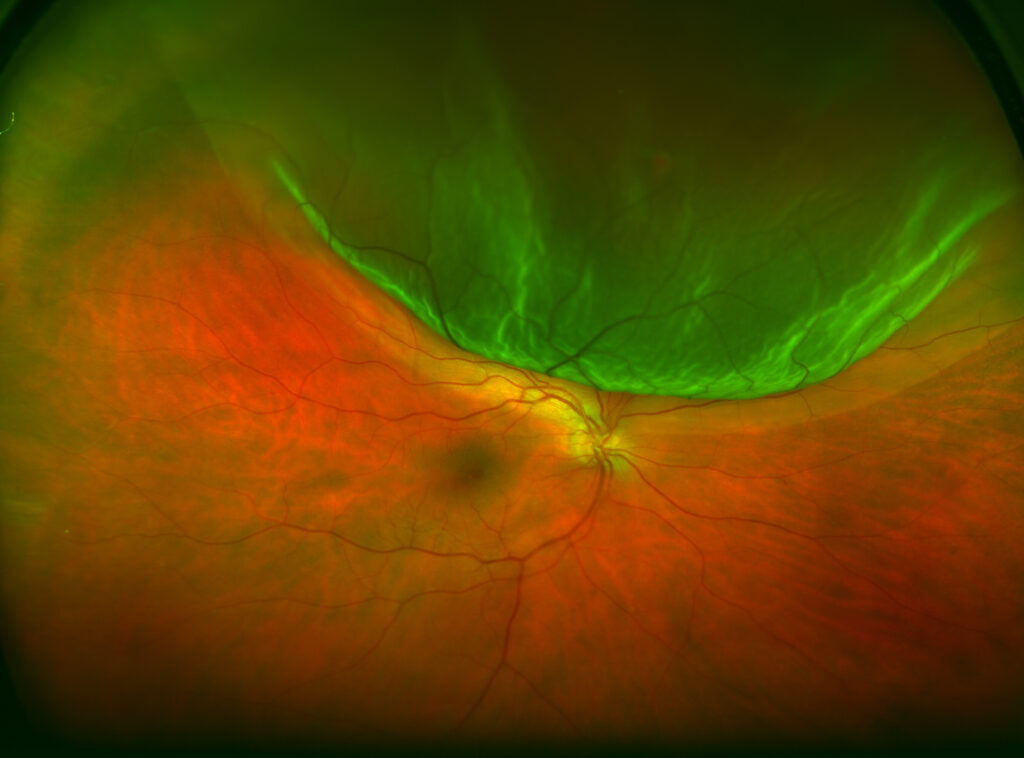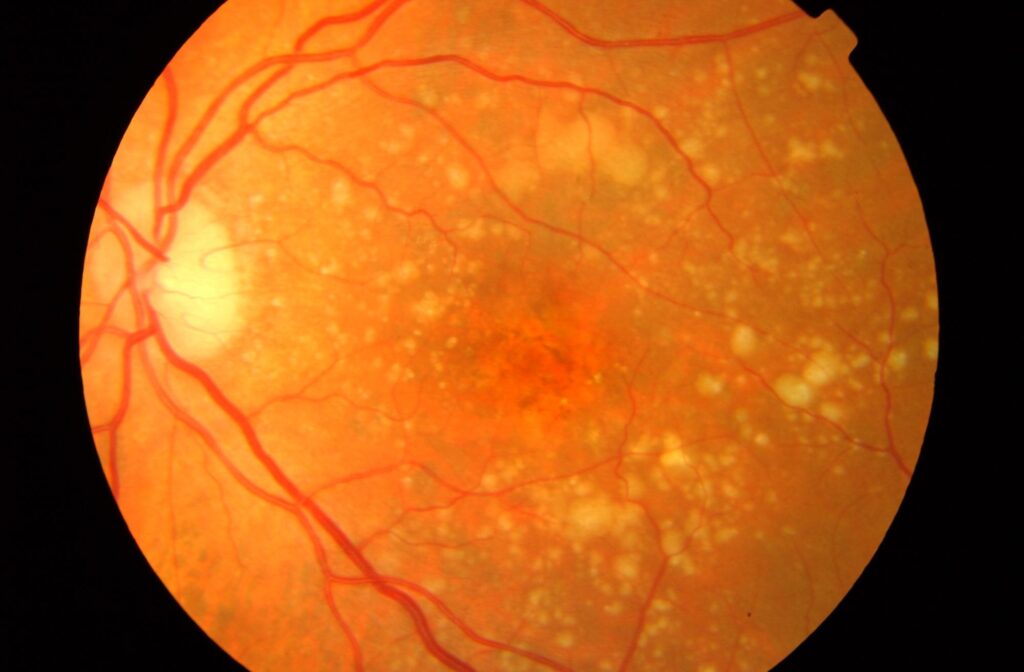Symptoms
Flashes in the eyes


What are flashes in the eyes?
Flashes in the eyes, also called photopsies, are “flashes” of light that you may experience without having received any external light stimulus, so that you perceive them as if they were generated inside the eyeball, even with your eyes closed.
Associated pathologies
In addition to the pathologies shown below, flashes in the eyes caused by migraine are also common, which, together with intense headache, can cause vision alterations (such as auras and flashes) that accompany headache episodes.
On the other hand, a less common condition that can cause flashes in the eyes is optic neuritis, an inflammation of the optic nerve associated, for example, with multiple sclerosis or lack of blood flow to the back of the brain (responsible for vision and movement coordination).
How do flashes affect the eyes?
They usually appear and disappear in just tenths of a second, in the form of small bright dots or stars, which are generally located on the sides of the visual field. You often see them when you rub your eyes (as the pressure on the eyeball can activate the photoreceptors in the retina) or when you move from a dark environment to a very bright one.
These types of eye flashes are normal, disappear instantly and do not represent an eye or health problem. However, you may also notice flashes of light that take longer to disappear or that you perceive much more often. In those cases, they may be associated with different visual problems, so it is advisable to see a specialist.
What to do if you see flashes in your eyes?
Protecting yourself with sunglasses and avoiding rubbing your eyes are two basic pieces of advice from Miranza’s ophthalmologists to take care of your eye health, which will also prevent occasional flashes from appearing in your eyes.
Beyond these circumstances, to rule out that the flashes are not due to a possible pathology, the main recommendation is that you request an eye check-up, especially if you notice that they are increasing or lasting, as well as if they are accompanied by other eye symptoms, such as floaters (link).
